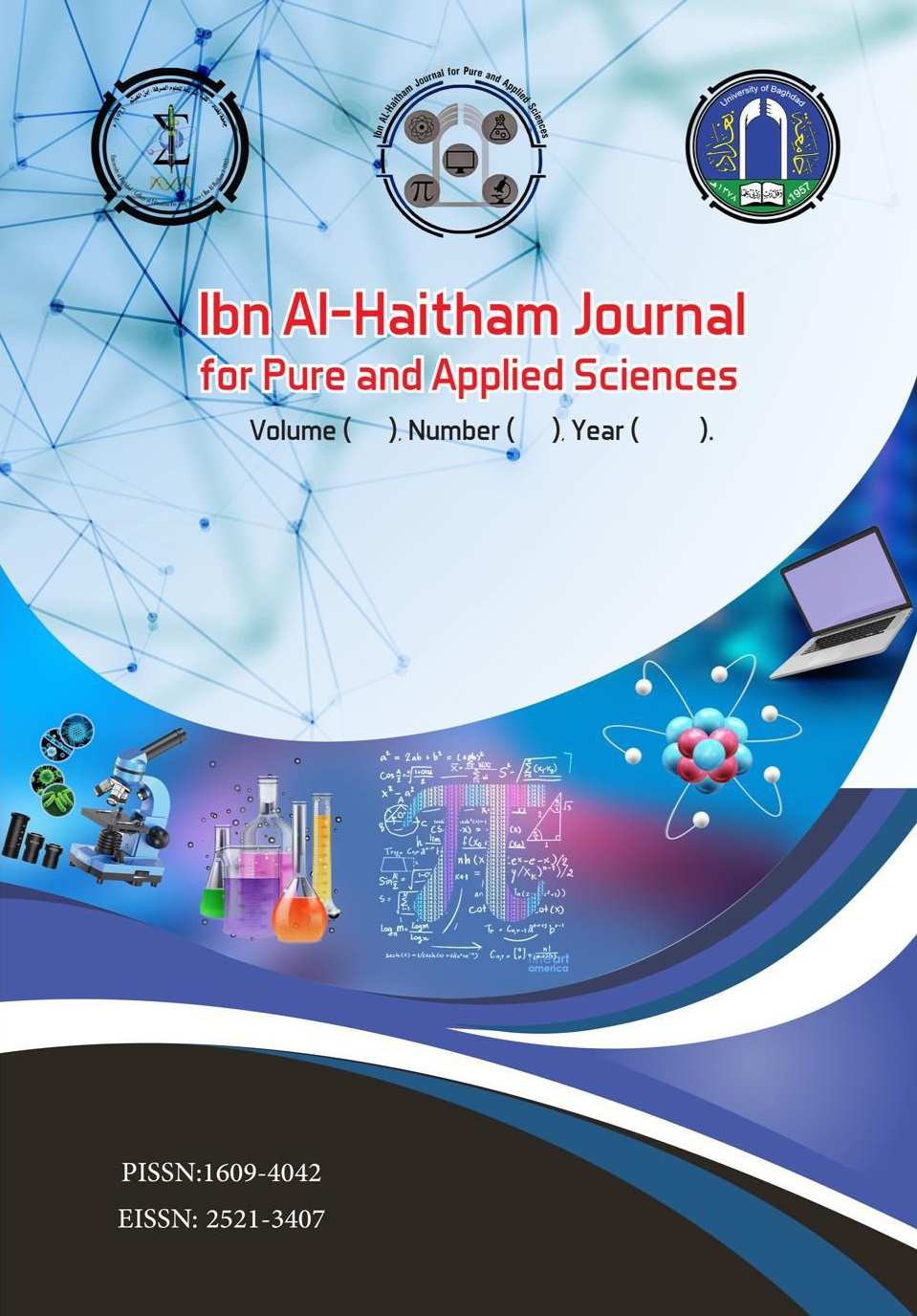Abstract
The impacts of the inflammatory process on neoplasia development were observed in many cancer, it has a great role in the etiology, development and progression of invasive colorectal tumors. This study was designed to investigate the BRAF mutation and assist the clinicopathological parameter in some Iraqi bowel inflammation and colorectal cancer patients. Thirty patients were enrolled in this study (15 suffering bowel inflammation and 15 having colorectal cancer). BRAF gene was screened for the presence of mutations using PCR technique and direct sequencing. .The results revealed no BRAF mutation in position 1799 for exon fifteen in both samples of bowel inflammation and colorectal cancer. These results were confirmed previous articles regarding low rate of BRAF gene mutation in Asian countries. These results indicate the possibility of colorectal patients treatment with monoclonal antibodies. Several heterogeneity mutations were found in 3 out of 30 patients (10%) including transition two mutations G>A and one mutation was transversion mutation A>T in different sites as silent mutations
Keywords
bowel inflammation
BRAFV600E
colorectal
heterogeneity.
Iraq
